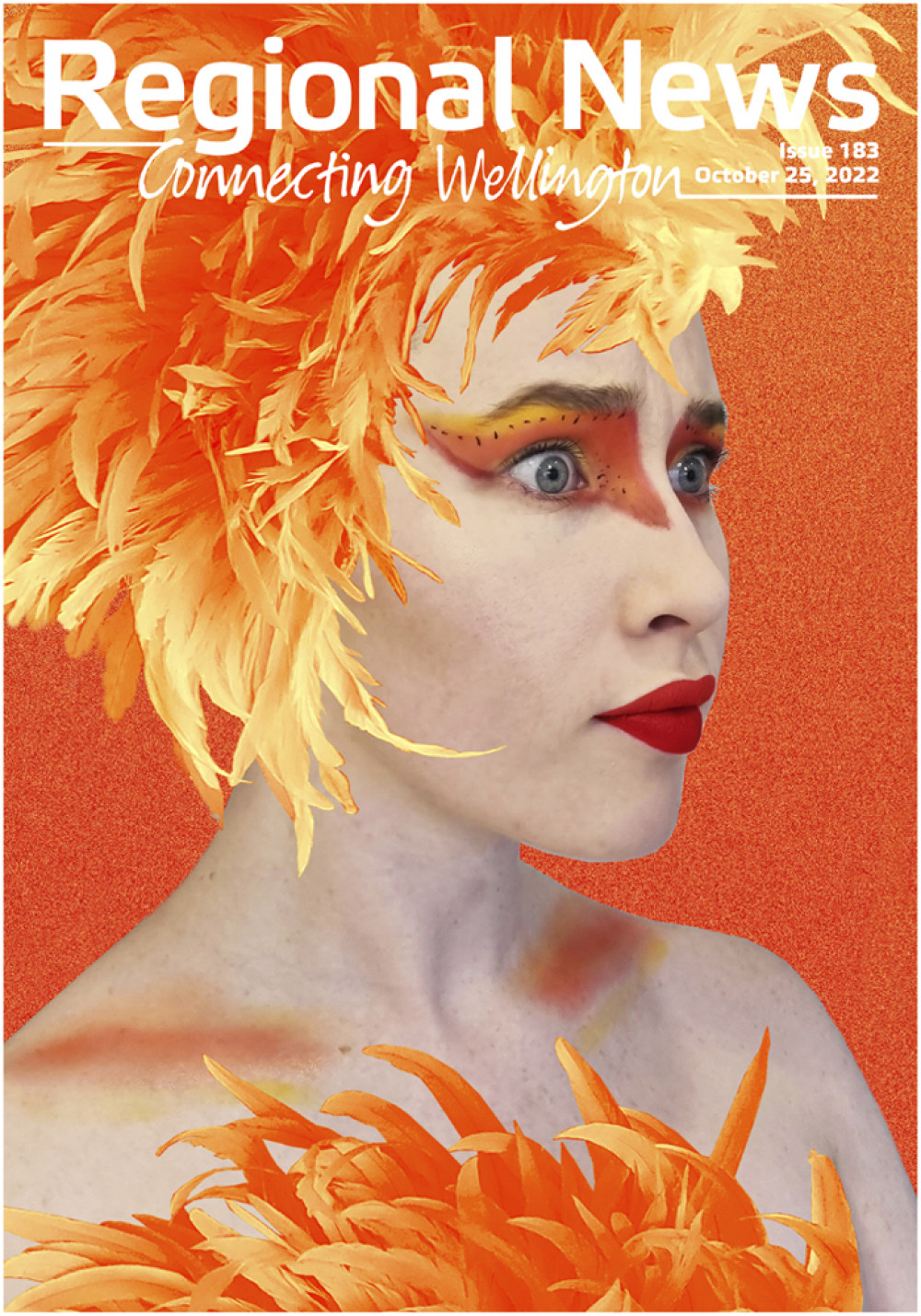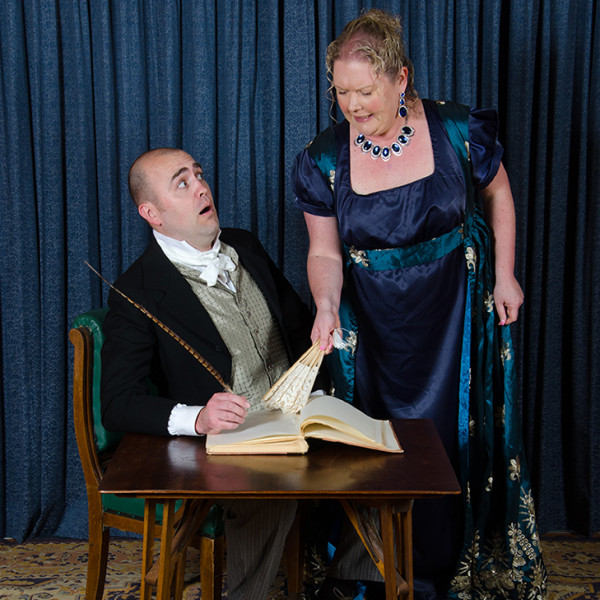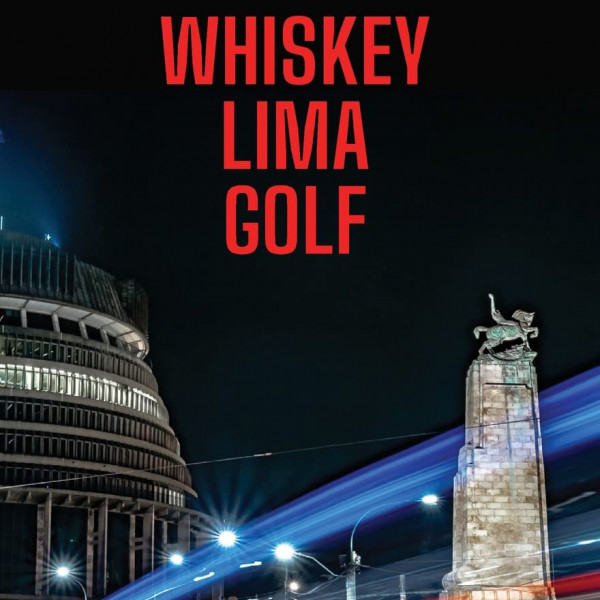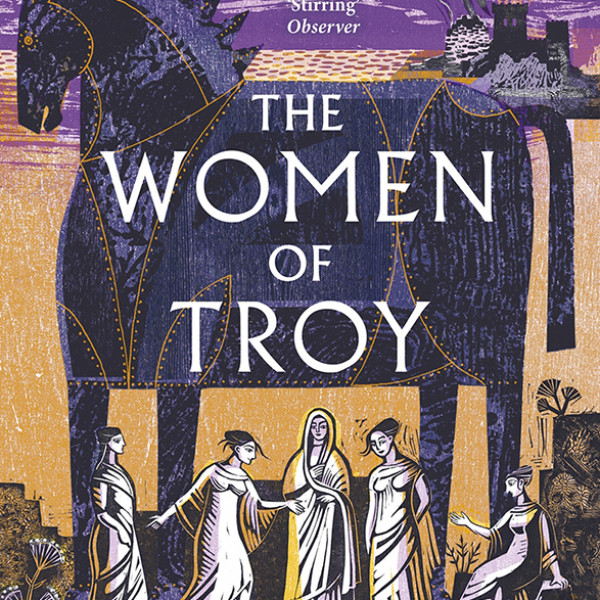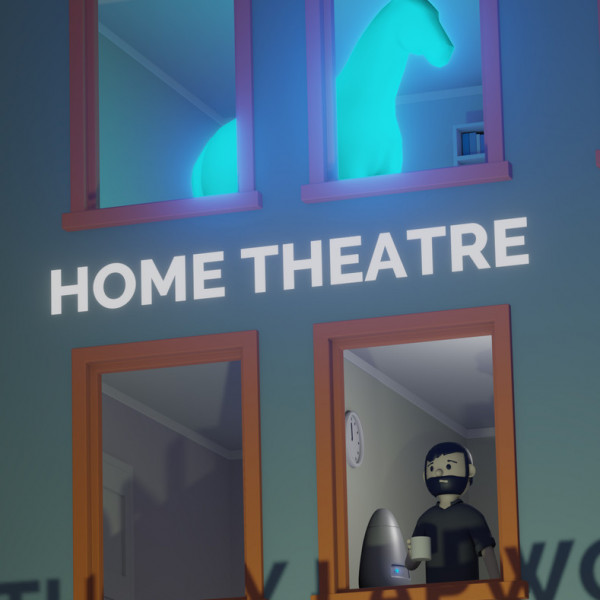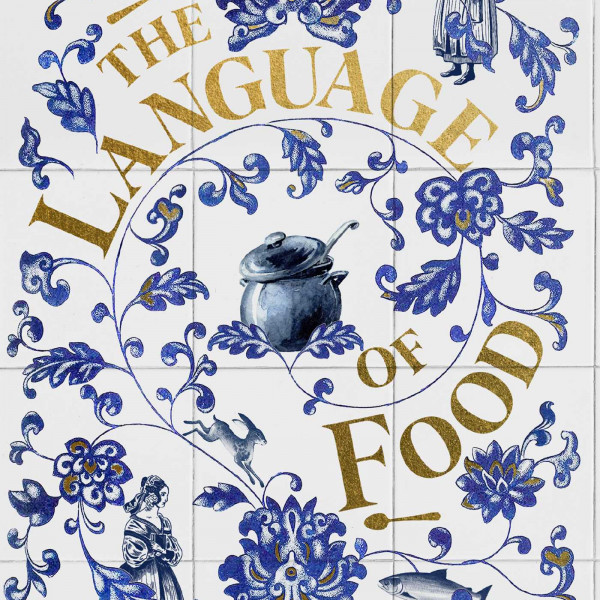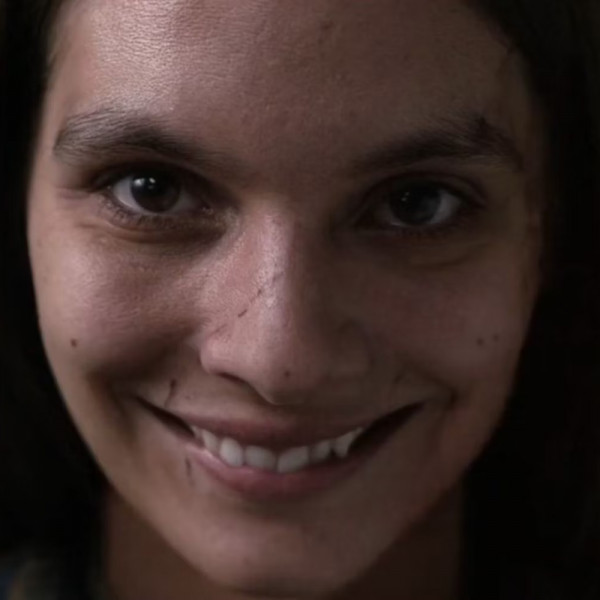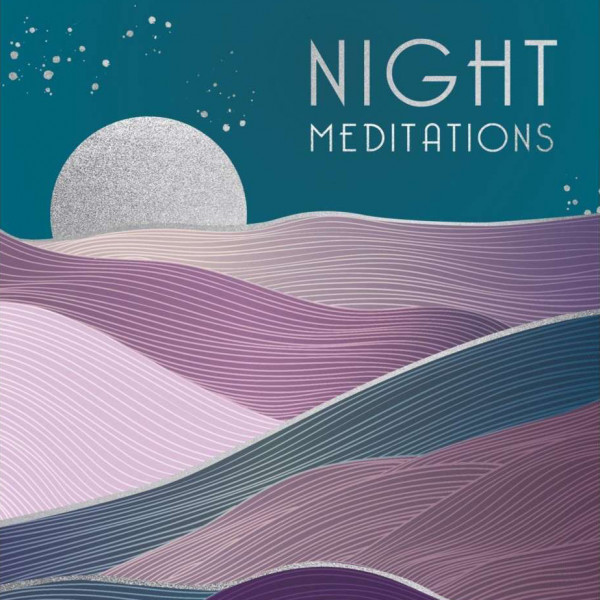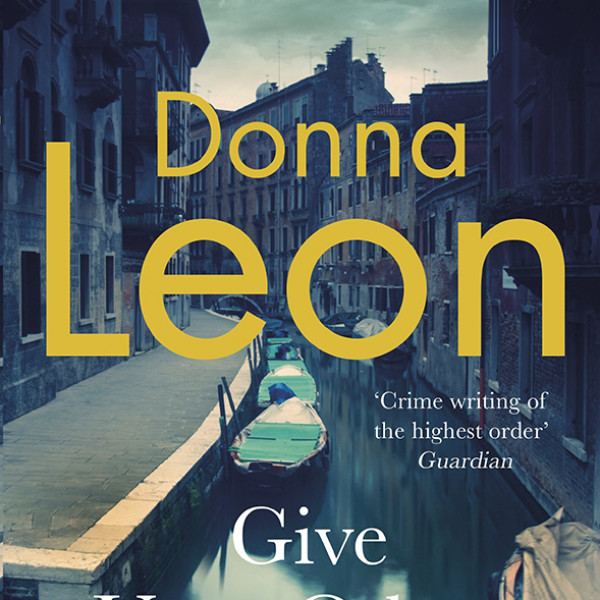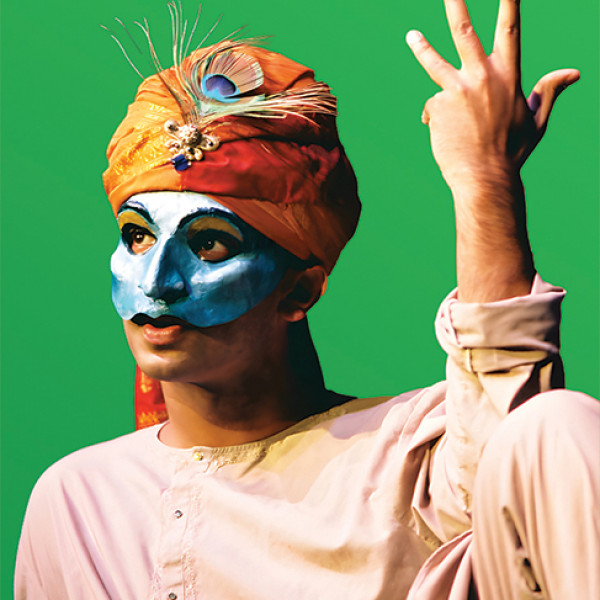
Pudgy Mediocre White Men Solve Your Problems
Created by: Dylan Hutton and Austin Harrison
BATS Theatre, 18th Oct 2022
Reviewed by: Tanya Piejus
Welcome to the Hataitai Bowling Club and Dave and Bryan’s Improvaganza! They’ve just spent six weeks attending community “impro” classes (drop the V to be really cool) and will now solve your problems using their newfound passion and skills. As they claim, “There’s no issue you can’t ‘word at a time’ your way out of!”
Dylan Hutton (playing Bryan) and Austin Harrison (Dave) are veterans of the Wellington improvisation circuit and have created a cute premise and charmingly deliver a simple concept for an hour-long show that delighted its opening night audience. Dave and Bryan are indeed a bit pudgy in their colour-coordinated polo shirts and jeans, but the performers certainly aren’t mediocre as they bounce around their homely set and interact warmly with the crowd.
They’re ably assisted on keyboard by the oddly hirsute, 14-year-old Gabe (Matt Hutton) who needs to go home at 9pm and Scotty (Scott Maxim) who, with his trusty fire extinguisher Old Veronica, provides inspired lighting choices to elevate the action. His spotlighted diversions from the main scenes created some of the biggest laughs of the night.
Improv shows need a hook to distinguish them and in this case Harrison and Hutton turn audience members’ domestic and workplace annoyances into (somewhat dubious) life lessons by reinterpreting them through classic improv games and offering post-scene analysis to the problem’s owner. They achieve their aim of reframing issues such as a snoring girlfriend with varying degrees of success but always with a lot of laughter. They even manage to incorporate a couple of topical references, including the current stoush over funding for Shakespeare Globe Centre New Zealand’s University of Otago Sheila Winn Shakespeare Festival, and end with a sweet song about their friendship.
While improv is a common feature of Wellington theatre, Harrison and Hutton have created a show that is fresh and engaging with their own energy and problem-solving spin. And I now know why my cat has furballs (something to do with licking the carpet, apparently).



